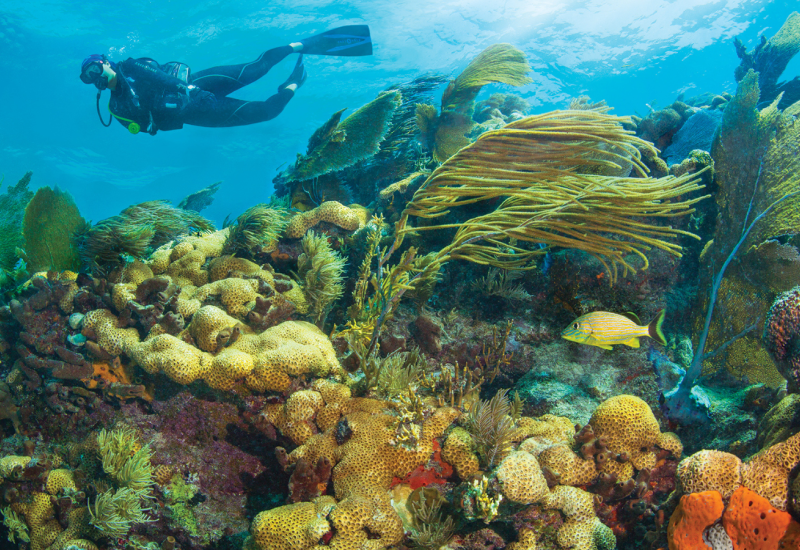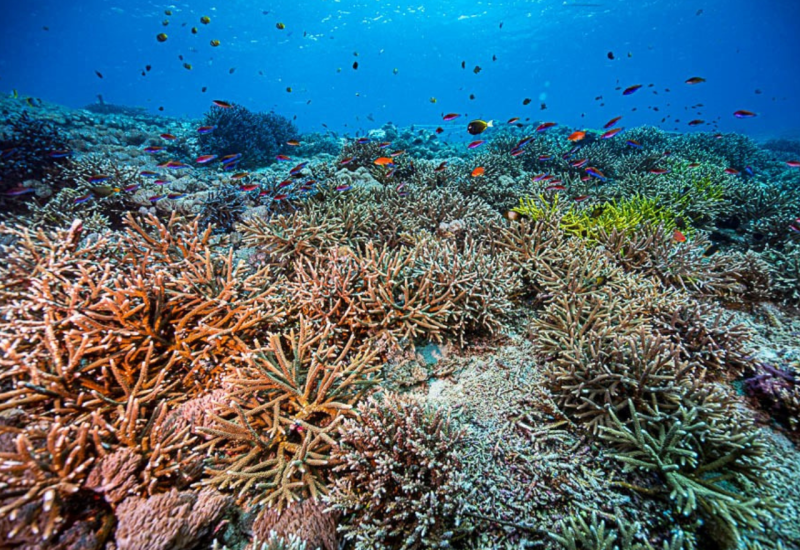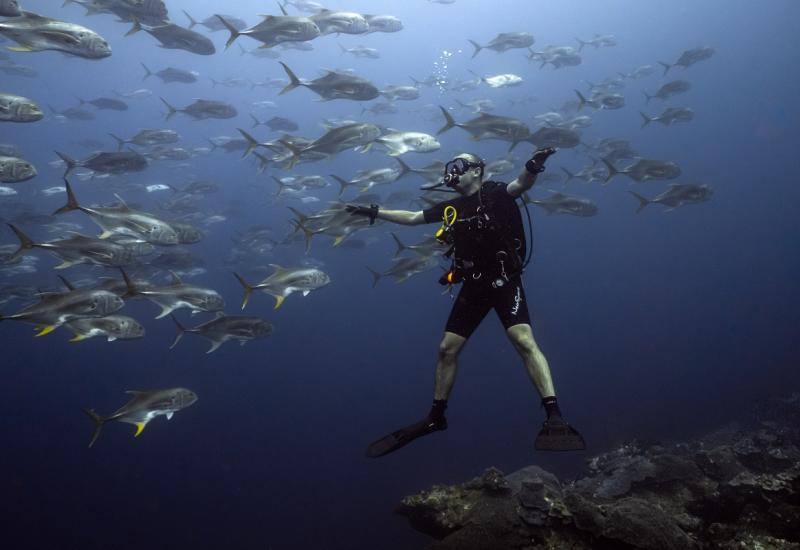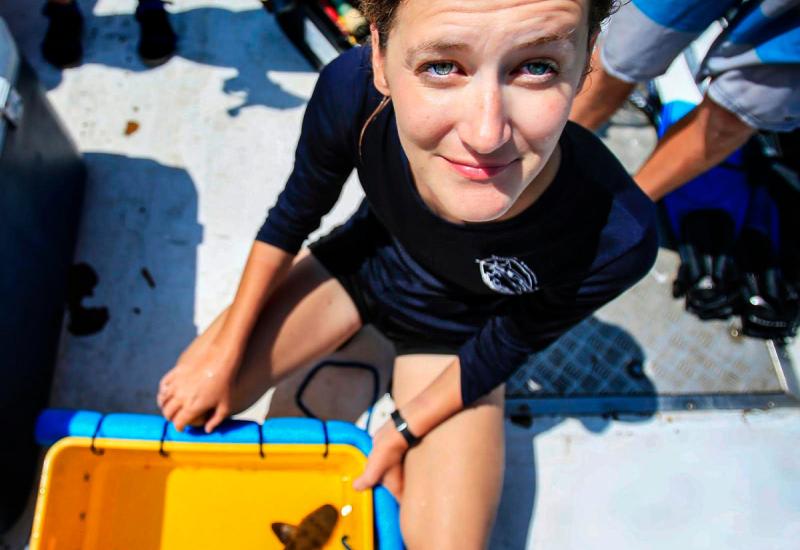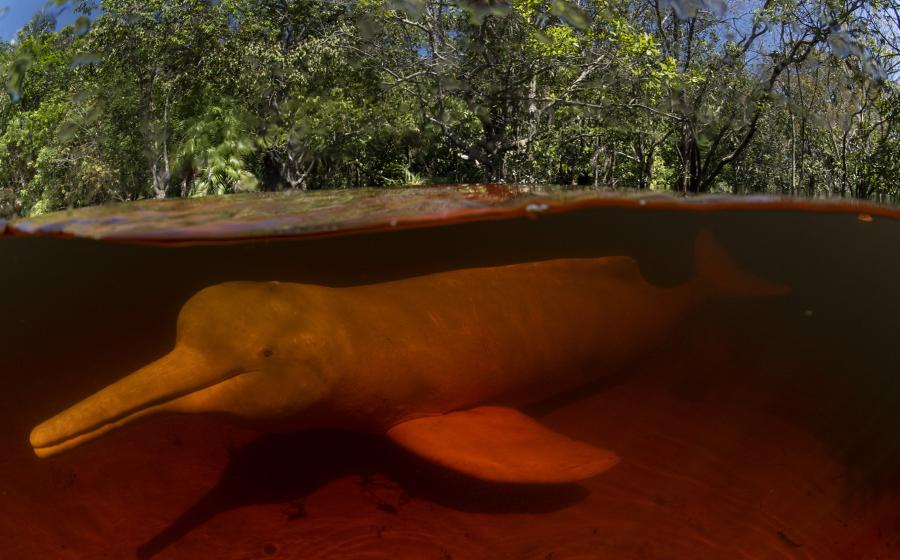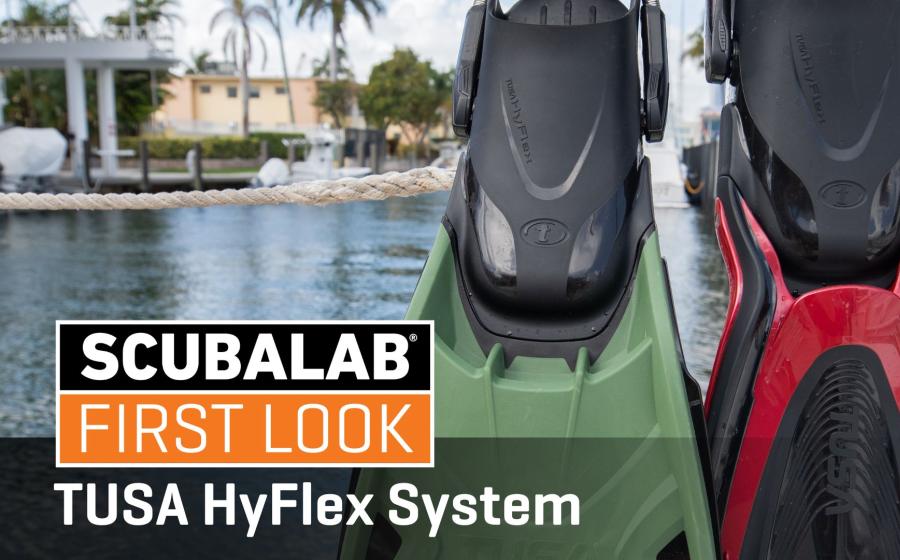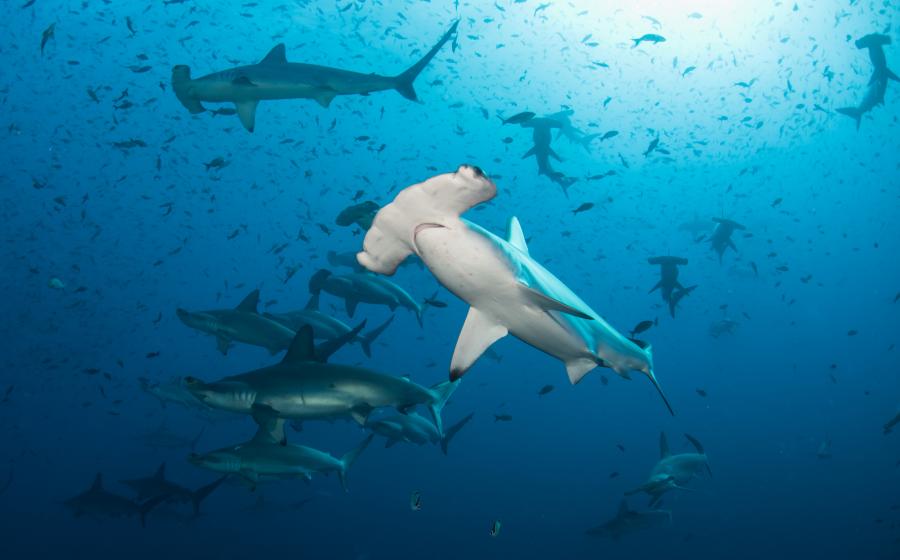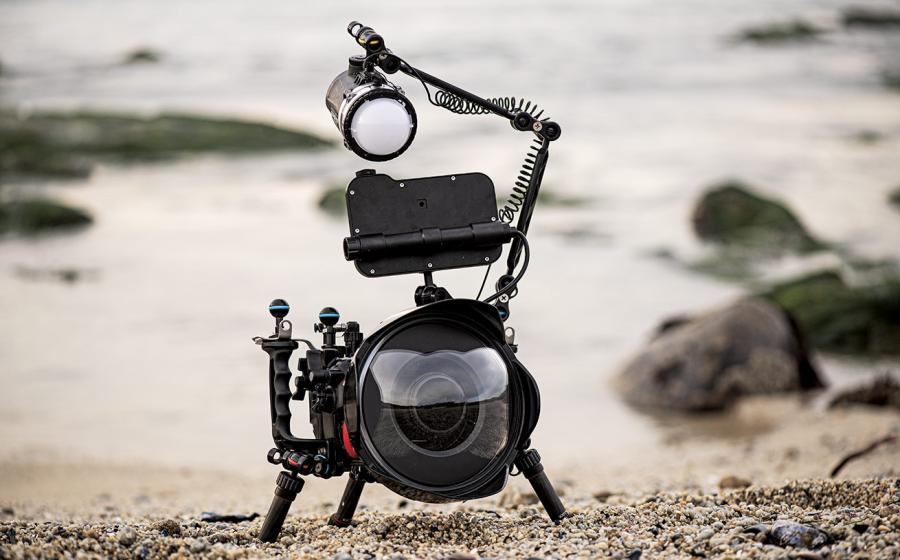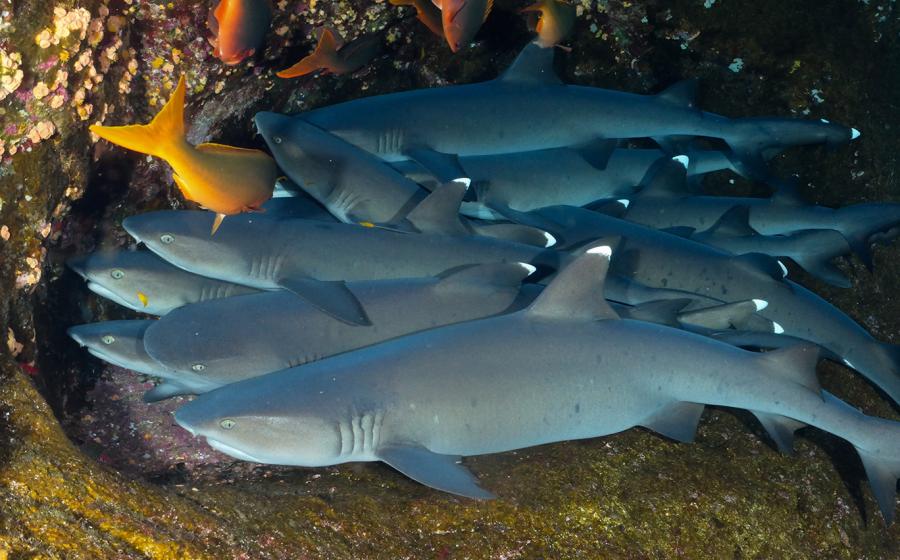Conservation Spotlight: Reef Check Foundation
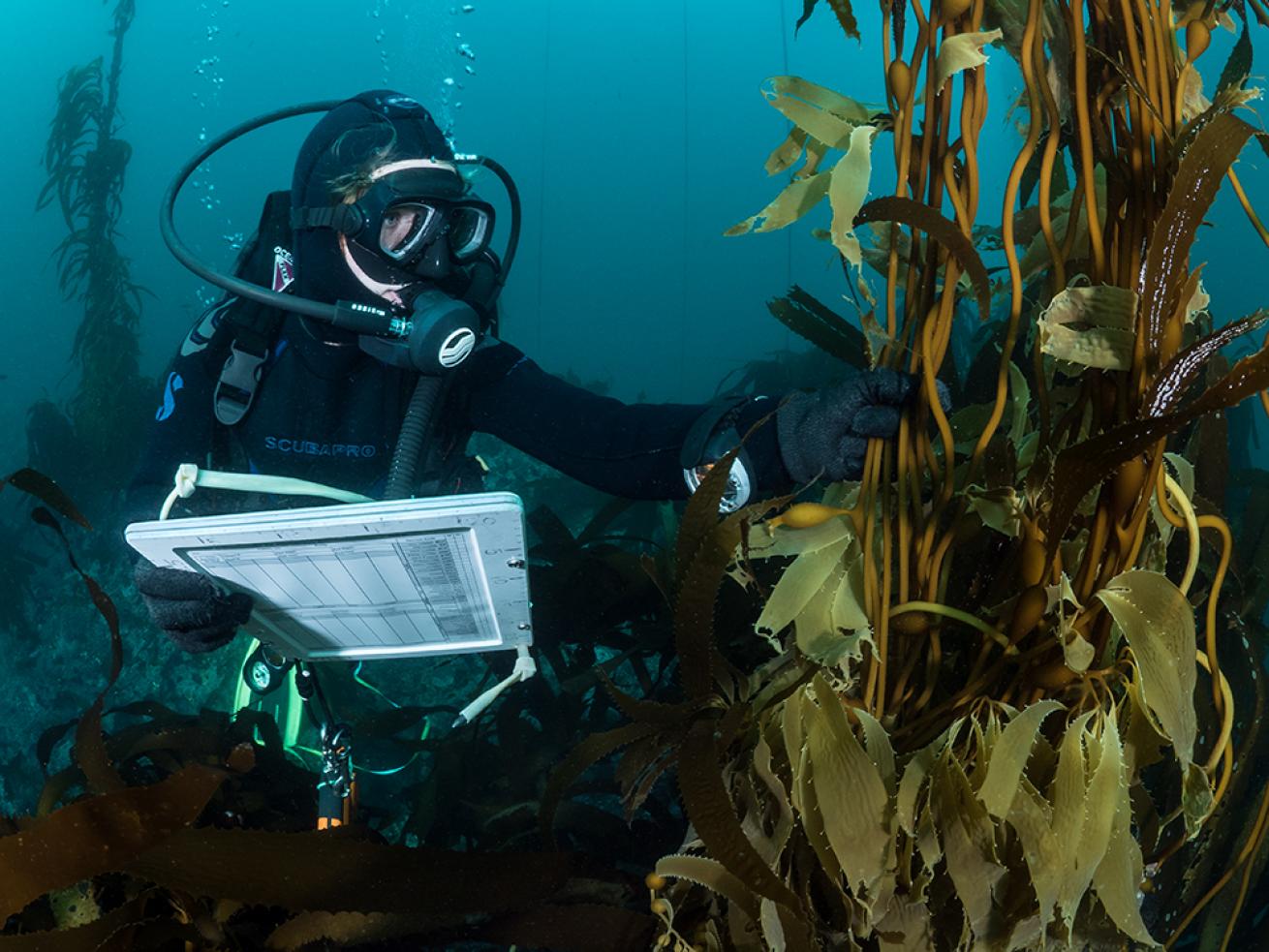
Kate Vylet/RCCAReef Check Ecodiver surveying the underwater kelp beds.
MISSION: To save our oceans and reefs through research, education and conservation by training volunteer scuba divers as citizen scientists to study reefs worldwide and inspire stewardship and conservation.
HQ: Marina Del Rey, California
YEAR STARTED: 1996
CONNECT: Instagram | Facebook | Twitter
PROJECT: Over more than 20 years, Reef Check Foundation has trained many thousands of divers to become citizen science volunteers, surveying reef health around the globe. Through monitoring programs in tropical waters worldwide and along the coast of California, Reef Check is able to provide data that propels economically and ecologically sustainable solutions to help save reefs.
“We can only conserve what we know, and without knowledge, we can’t protect the ocean,” says Jan Freiwald, executive director of Reef Check. “Reef Check helps to produce this knowledge and develops sustainable conservation solutions.”
Reef Check has conducted almost 10,000 surveys in over 95 countries and territories. They’ve been able to increase their reach so far by working with local communities, universities, business owners and other NGOs in each country where their citizen scientists collect data on reef health.
“Reef Check is a partnership organization,” Freiwald says. “This model has been very successful and allowed us to expand into most areas where coral reefs exist.”
GET INVOLVED:
1. Participate in the EcoDiver Program
Reef Check’s EcoDiver program helps divers dive with a purpose. Volunteers in the program have the opportunity to work with scientists to contribute meaningful data that is used on local, national and international scales to monitor and improve reef health globally.
To become a certified EcoDiver, you have to take a three-day training course. The courses take place all over the world and consist of testing and in-water practice of survey protocols. Reef Check uses the same procedures on all of their tropical reef surveys, so you don’t have to re-learn the full protocol if you survey while on traveling or in a new area. But, you’ll have to keep your eyes peeled for a few new faces.
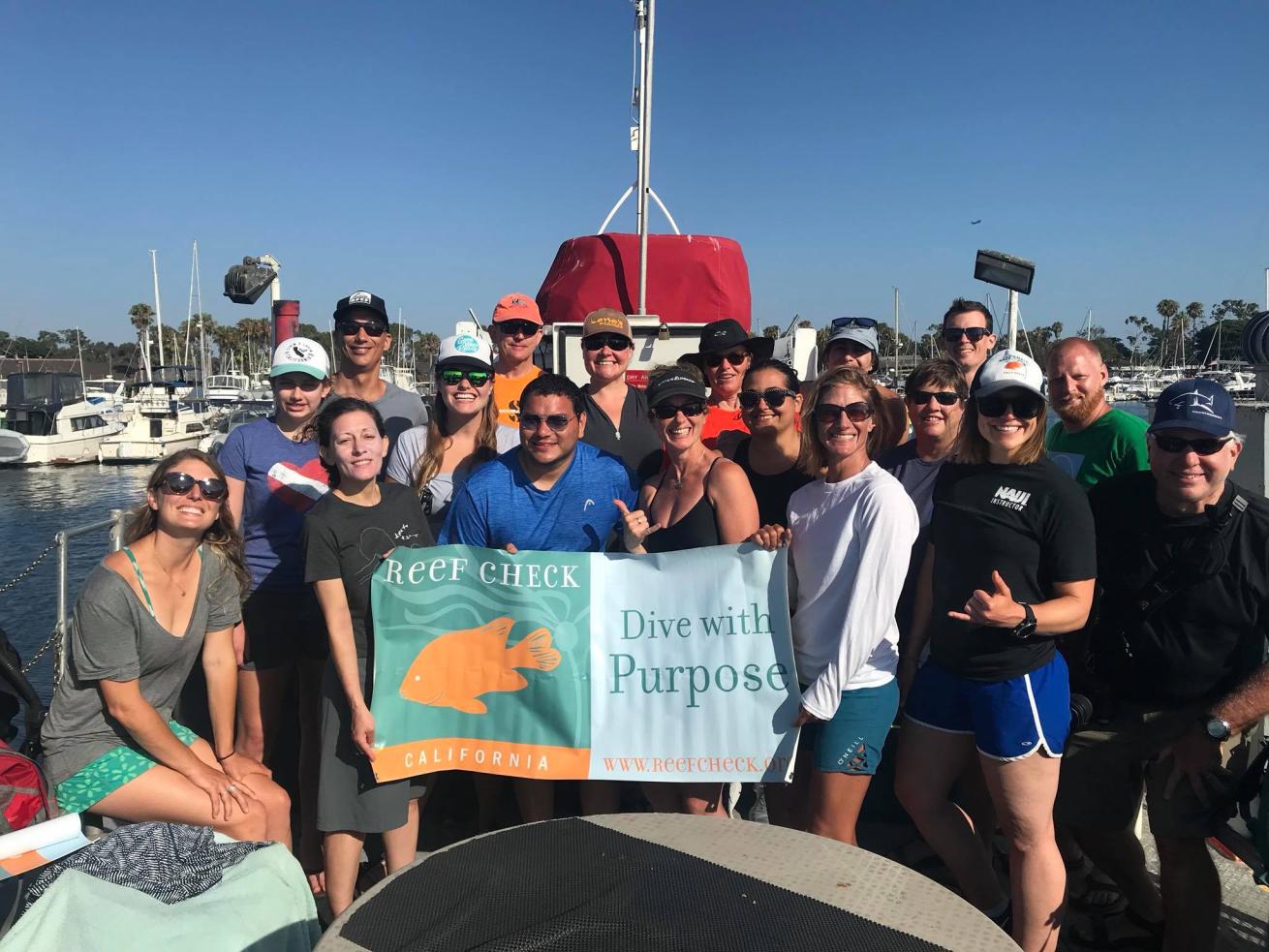
RCCAReef Check volunteers in California.
“As species change between regions, some of the species on our survey list change as well,” Freiwald says. “If you learned in Florida, you could survey anywhere in the Caribbean, but you’d have to learn new species if you wanted to participate in surveys in the South Pacific, for example.
Reef Check also offers EcoExpeditions for experienced EcoDivers. These exciting volunteer trips take place in exotic locales like the Maldives, Malaysia and Indonesia, as well as in California’s Big Sur and Channel Islands. Some EcoExpeditions are specifically for trained citizen scientists, and others include training during the expedition.
2. Reef Check California Program
West-coast divers have a home-field advantage when it comes to Reef Check volunteering. The California program uses the same approach of volunteer divers collecting data as citizen scientists, Freiwald says, but it uses a different protocol. So divers who have been trained for the EcoDiver program have to take a full training if they would like to dive in California, or vice versa.
The four-day training is held over two weekends in spring and early summer. All divers have to pass the exams before they are allowed to collect data.
“Once they are qualified, they can come out on any survey along the California coast from San Diego to the Oregon border,” Freiwald says. “Every year, we also hold recertification classes for previously trained divers so they can refresh their skills and be ready for another survey season.”
3. Donate in more ways than one
Reef Check’s robust donation program includes many unconventional ways of pitching in, like donating airline miles, office supplies or scuba and snorkel gear. You can also send auctionable items for their annual "Save the Reefs, Save the Oceans" fundraising event, or donate while shopping online through eBay’s Giving Works program or Amazon Smile.
“Just as so many other NGOs, Reef Check depends on donations in order to conduct its important work,” Freiwald says. “Donations are used to subsidize trainings so that they are affordable to anyone who would like to participate. They also help support our surveys, for which we often have to charter dive boats, and are used for our education program that aims to bring school children out on the ocean so that they can experience it firsthand.”

